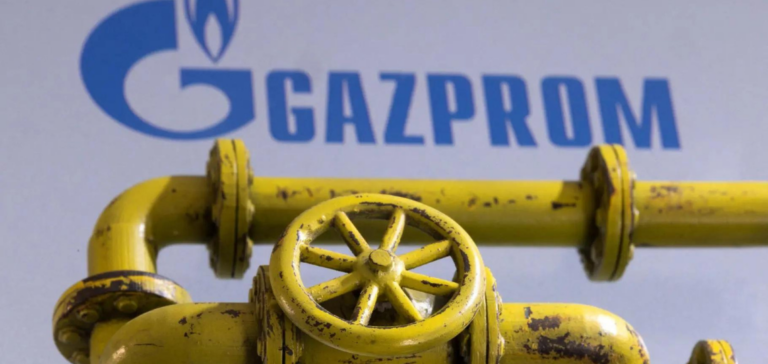Russia will resume gas deliveries to Italy after suspending them on Saturday due to a “problem” in Austria, through which Russian gas passes, Russian gas giant Gazprom announced Wednesday.
“Gazprom, together with Italian buyers, managed to find a solution for the interaction format under the conditions of the changes” in regulation on the Austrian side that occurred “at the end of September” and had led to the suspension of supplies to the Italian peninsula, said
Gazprom said in a statement.
Gazprom had completely suspended since Saturday its gas deliveries to the Italian Eni, citing the “impossibility of transporting gas through Austria” because of a new regulation that came into force on October 1.
However, most of the Russian gas delivered to Italy passes through Ukraine, through the TAG pipeline which arrives at Tarvisio in the north of the country, on the border with Austria.
In detail, the blockage was due “to the fact that Gazprom should have given a monetary guarantee for the passage of gas to the carrier transporting gas from Austria to Italy, which did not exist before, and Gazprom did not pay,” had explained Monday the CEO of Eni, Claudio Descalzi.
The Austrian industry regulator, E-Control, “has announced that it is ready to confirm Gazprom Export’s transport appointments, which allows the resumption of Russian gas deliveries through Austrian territory,” Gazprom said on Wednesday.
Eni “informs that the gas flows supplied by Gazprom have resumed today,” the Italian giant confirmed, welcoming in a statement “the resolution, by Eni and the parties involved, of the constraints
resulting from the new regulations introduced by the Austrian regulatory authorities”.
E-Control had called in recent days on the powerful Russian gas company to “comply” with the new rules and “take the necessary steps to fulfill its contractual obligations”.
On Monday, the Italian hydrocarbon giant Eni had declared itself ready to pay 20 million euros in guarantees to unblock the suspension and resume the delivery of some 20 million cubic meters of Russian gas per day.
Questioned Wednesday by the AFP on a possible payment made on the Italian side, Eni had not yet communicated mid-morning.
“The blockage is not at all due to geopolitical reasons,” said Mr. Descalzi, at a time when European countries fear that Russia will permanently stop its gas deliveries to Europe against the backdrop of the Russian offensive in Ukraine.






















